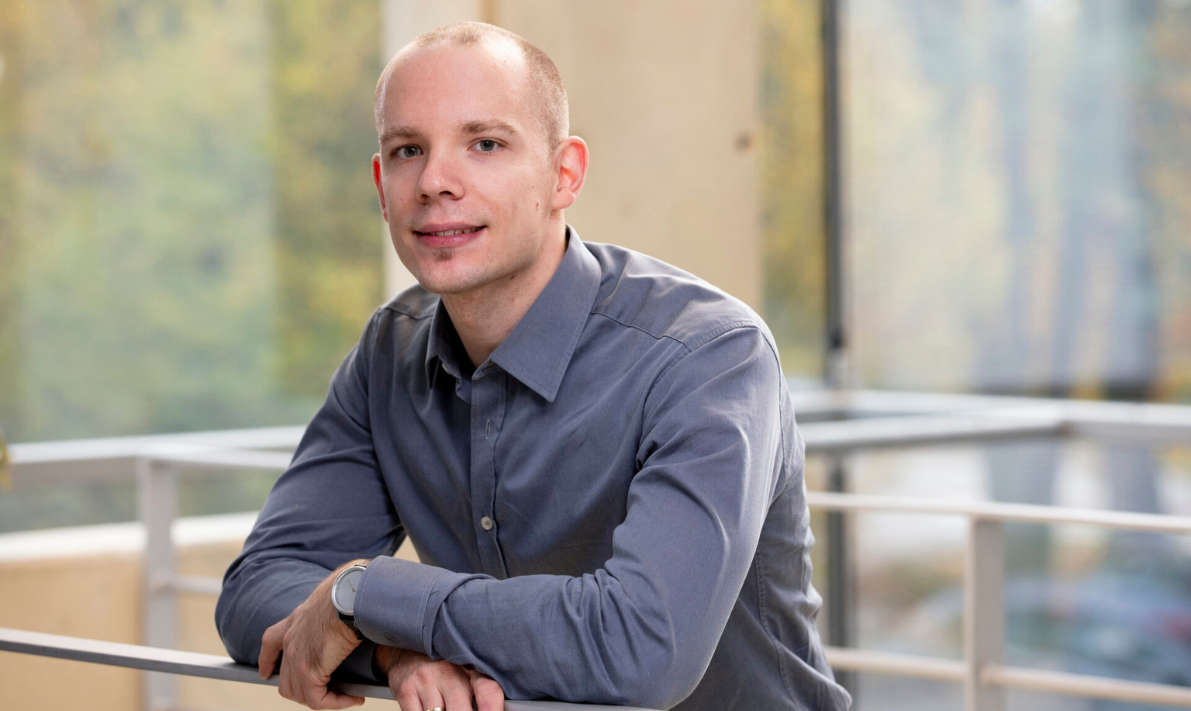
The Flemish Institute for Technological Research (VITO) is a leading independent European research and technology organisation in the area of cleantech and sustainable development. As a science-to-technology partner, we support stakeholders across the entire value chain with expert advice and tangible technological innovations to address any sustainability challenge. With our multidisciplinary expertise across more than 40 teams, a collaborative mindset, and access to unique lab, data, and testing infrastructure, we strive every day to accelerate innovation towards a sustainable future.
The Coating and Shaping Technologies (CAST) team within VITO has unrivalled experience in developing innovative materials and technologies from the initial stages of materials preparation and characterisation, through to advanced shaping processes into different structures and forms by droplet coagulation, spray-drying, coating, and 3D-printing. Through these processes, we develop structured materials with properties tailored for a wide range of chemical and energy applications.
“What sets VITO-CAST apart is its ability to bridge the gap between lab-scale innovation and large-scale real-world application. Through a multidisciplinary approach with a strong focus on material development and functional shaping tailored to the intended use, we develop scalable solutions both in collaborative research settings and bilateral projects with industry”, explains Dr. Yoran De Vos, Research Scientist at VITO.
The role of VITO in the CARBIOW project is to transform the commercially available, state-of-the-art Fischer-Tropsch catalysts into a structured form that is compatible with use in a multi-tubular reactor. The objective and main purpose of these shaped catalysts is to maximize the efficient conversion of biogenic syngas into jet-fuels, contributing to the production of sustainable aviation fuels from renewable, non-fossil carbon sources.
“This transformation is far from a straightforward scale-up: de developed structured catalysts must retain the original catalyst’s activity and selectivity for producing long-chain hydrocarbons, but also be engineered to offer improved heat- and mass transfer, low pressure drop and sufficient mechanical integrity. In essence, we are reshaping high-performance FT catalysts into structured forms that can enable clean fuel production in next-generation reactor systems, without compromising performance”, states Dr. Yoran De Vos.
One of the main challenges in our Work Package (WP4) is to efficiently and reliably recreate a high-performing Fischer-Tropsch catalyst in a structured form, not simply by reshaping it, but by completely redeveloping it from scratch. The goal is to match or beat the catalytic performance of the original material while achieving improved heat and mass transfer and lower pressure drop in structured reactor systems so that they fit in novel smaller multi-tubular reactors.
This requires identifying a sustainable and scalable manufacturing route that balances catalytic efficiency with engineering constraints. It involves navigating a complex interplay of factors to achieve the desired performance: porosity, surface area, mechanical strength, metal loading and dispersion, shrinkage during shaping, drying, active site accessibility and integrity, as well as the geometric compatibility with the reactor design.
“The challenge is not just to shape the catalyst, it’s to create a new one with improved heat- and mass transfer properties, achieving long-term stability and sufficient mechanical integrity, without losing what makes the original catalyst work”, says Dr. Yoran De Vos.
The Fischer-Tropsch (FT) process is a promising route for replacing oil-based fuels and chemicals. This versatile process can utilize biogenic carbon monoxide and sustainable hydrogen to produce a variety of organic compounds, such as jet fuel. However, conventional FT processes face significant challenges, such as high heat buildup due to their exothermic nature and substantial pressure drops in packed-bed reactor systems.
The main added value of CARBIOW for Fischer-Tropsch synthesis lies in its ambition to adapt and optimize FT technology through the development of structured catalysts and reactor systems that overcome the limitations of conventional designs. Instead of relying on conventional catalyst pellets in fixed beds in tubular reactors, CARBIOW explores advanced shaping strategies to obtain enhanced heat and mass transfer while significantly reducing pressure drop. These improvements are critical for a future-proof FT technology in high-throughput compact reactor designs. The focus is on maximizing conversion efficiency while maintaining catalyst stability by avoiding hot spots. This must be achieved in systems to ensure compatibility with the variable nature of bio-derived syngas.
“What surprises most stakeholders is the ambition to transform low-value biogenic residues such as organic waste into high-quality jet fuel. Few expect the potential interconnectivity between material streams (both low-value and high-quality streams) with the use of advanced thermochemical or catalytic technologies. The concept of combining waste valorization with sustainable aviation fuel production through an integrated, flexible values chain really shifts perspectives on what’s technically feasible”, concludes Dr. Yoran De Vos.